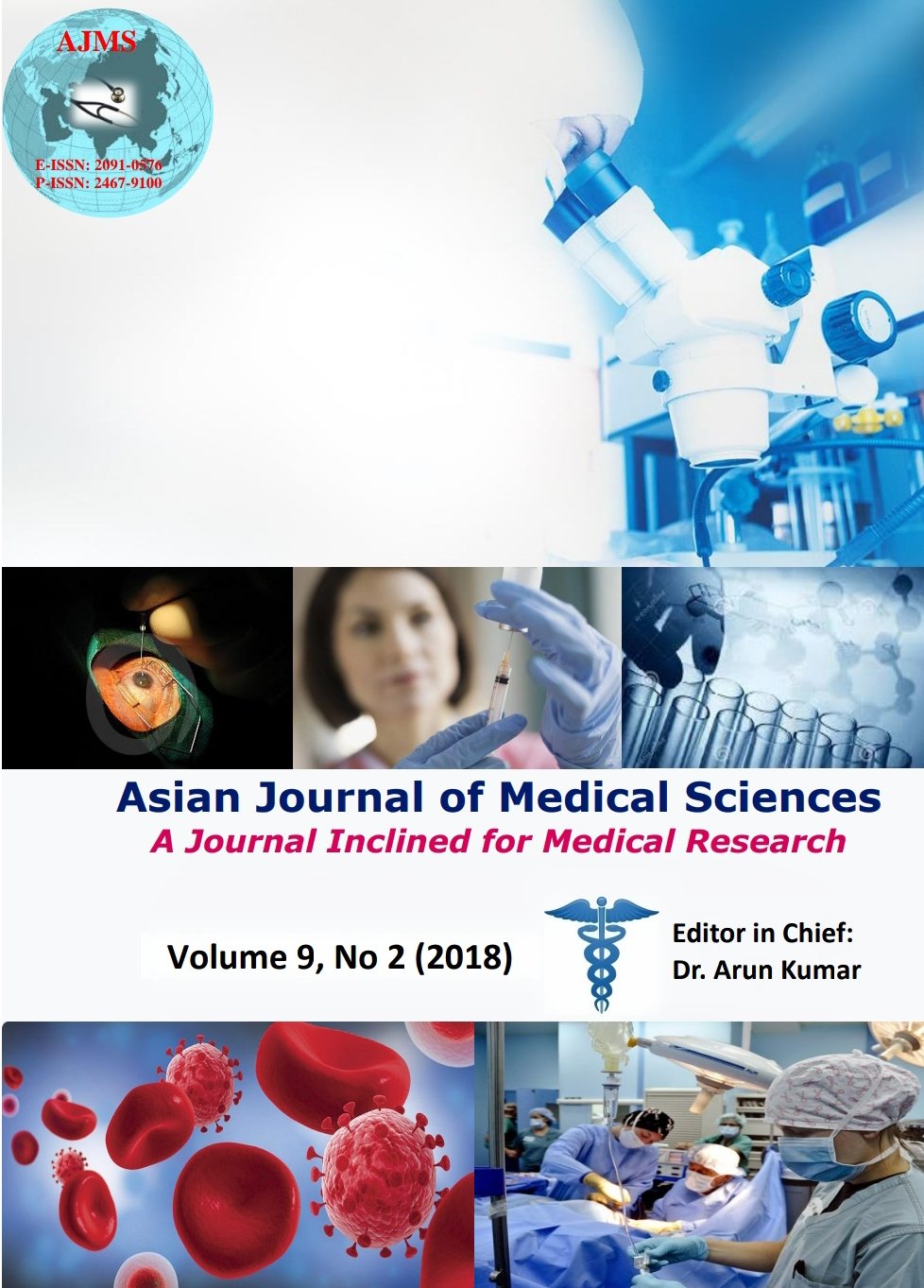Evaluation of Vitamin B12 status in type 2 Diabetes Mellitus Patients on Metformin therapy
Keywords:
B12 deficiency markers, glycemic status, metformin, Vitamin B12 deficiency, Type 2 diabetes mellitusAbstract
Background: B12 deficiency is a silent epidemic with serious consequences. Long term use of metformin has been associated with malabsorption of vitamin B12 leading to its deficiency along with increased homocysteine levels. With this background we designed this study to assess the status of vitamin B12 and its markers in type 2 diabetes mellitus patients on metformin therapy who are attending tertiary care hospital in the peripheral area of Pondicherry.
Aims and Objective: The current study aims to study the relationship if any, between the glycemic status and the status of Vitamin B12 among T2DM patients on metformin therapy.
Materials and Methods: A case control study was done with a sample size of 100 (50 case and 50 control). The patients were selected according to the inclusion criteria and their blood sample were analyzed for the various parameters. The markers of vitamin B12 status are studied among both the control and the patients with T2DM on metformin therapy and compared with their glycaemic status.
Results: There is a significant increase in the levels of FBS, HbA1c, insulin and C-peptide in the study group. It was observed that the mean levels of homocysteine and Methylmalonic acid were significantly higher with lower levels of vitamin B12 in patients who were on metformin therapy.
Conclusion: There is moderate correlation between the markers of B12 status and levels of fasting blood sugar as well as HbA1C. There is a significant correlation between insulin and C-peptide with the markers of vitamin B12 status.
Asian Journal of Medical Sciences Vol.9(2) 2018 9-12
Downloads
Downloads
Published
How to Cite
Issue
Section
License
Authors who publish with this journal agree to the following terms:
- The journal holds copyright and publishes the work under a Creative Commons CC-BY-NC license that permits use, distribution and reprduction in any medium, provided the original work is properly cited and is not used for commercial purposes. The journal should be recognised as the original publisher of this work.
- Authors are able to enter into separate, additional contractual arrangements for the non-exclusive distribution of the journal's published version of the work (e.g., post it to an institutional repository or publish it in a book), with an acknowledgement of its initial publication in this journal.
- Authors are permitted and encouraged to post their work online (e.g., in institutional repositories or on their website) prior to and during the submission process, as it can lead to productive exchanges, as well as earlier and greater citation of published work (See The Effect of Open Access).




